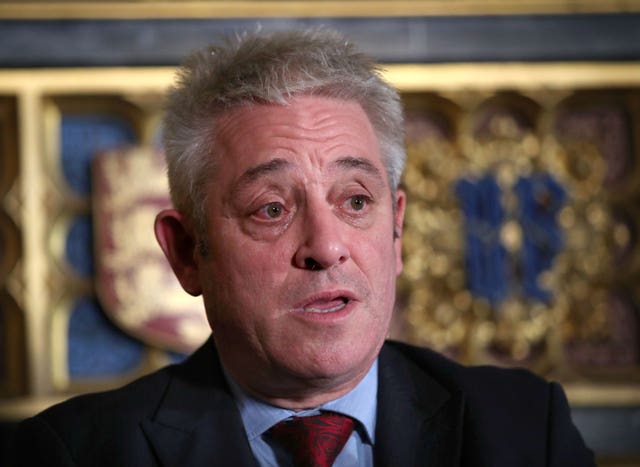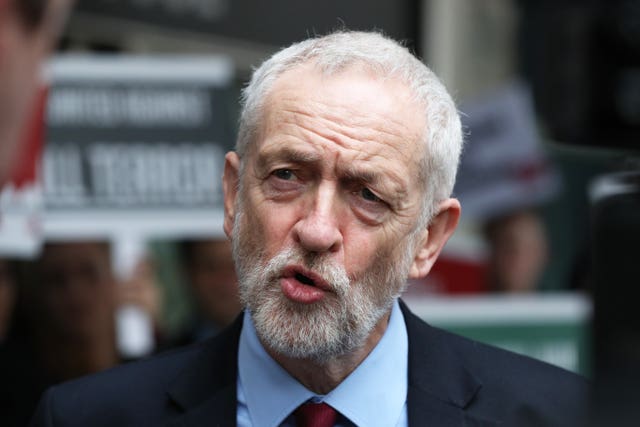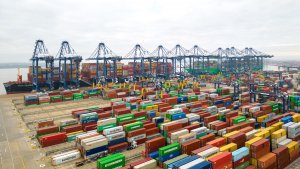Q&A: How Is This Commons Brexit Vote Different From Before?
Theresa May’s move splits the ‘divorce deal’ elements from future relationship strand.

Prime Minister Theresa May is bringing her Withdrawal Agreement to the Commons for a vote on Friday – the day the UK had been scheduled to quit the EU.
– How is this different from previous votes?
MPs will only be voting on part of Prime Minister Theresa May’s Brexit deal, not the whole thing.
The Commons will consider the Withdrawal Agreement (WA), which is the legally binding “divorce deal” and covers the UK’s exit from the EU.
MPs will not vote on the Political Declaration (PD) element which is non-legally binding and looks at the future relationship Britain will have with the bloc.
– What does the WA cover?

The WA deals with matters such as the transition period after the UK formally leaves the EU.
It contains proposals for the controversial Northern Irish backstop which is intended as an insurance policy to prevent the return of a hard border on the island of Ireland.
And it deals with issues like the financial settlement and citizens’ rights after withdrawal.
– Why has the Prime Minister chosen to do it in this way?
The move ensures the Government complies with a ruling by Commons Speaker John Bercow that it could not present the Brexit deal to the Commons again for approval unless it was substantially different from previous efforts.
Splitting the two elements of the deal means the Government meets the Speaker’s demands after the full Brexit package was heavily defeated by MPs on two occasions.

However, the move does not let Parliament go ahead and ratify the withdrawal deal because Brexit legislation only allows this after the passage of a so-called “meaningful vote” on both the Withdrawal Agreement and a Political Declaration on the future relationship.
– What impact would the result have on the UK’s exit date from the EU?
If passed by MPs, the vote would qualify the UK to be granted an automatic delay to May 22 of the formal date of Brexit.
If the motion is rejected, the UK will have until April 12 to ask for a further extension to Brexit negotiations – which would require voters to choose new MEPs at May elections – or leave the EU without a deal.
– What are the chances of the Commons backing the PM?
Both the DUP and Labour have said they will vote against the agreement.
This means the Government is dependent on winning over enough hardline members of the European Research Group of Tory MPs and Labour backbenchers to achieve success.
While Mrs May’s statement that she would stand down if she gets her Brexit deal through Parliament has caused a number of prominent Tory Eurosceptics to offer support, other hardline Brexiteers remain opposed to the agreement.
Thanks for signing up to Minutehack alerts.
Brilliant editorials heading your way soon.
Okay, Thanks!

